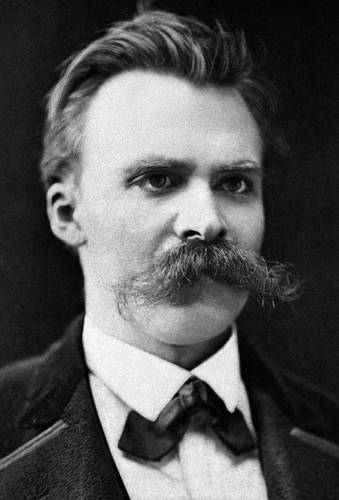Weimar The legacy of the German philosophical Friedrich Nietzsche has been included by UNESCO as a documentary heritage of humanity in the Memory of the World program (Memory of the world), which involve the preservation of their work, their universal access and maximum dissemination to the general public, as confirmed on Friday the Weimar Classical Foundation.
The manuscripts, notes, letters and books that are part of the legacy are found in the Goethe and Schiller archives, as well as in the Library of Duchess Ana Amalia, according to the entity.
The philosopher, poet and composer is one of the most influential authors and thinkers of modernity. Nietzsche was born in Röcken, in the current federated state of Saxony-Anhalt, in 1844, and died on August 25, 1900 in Weimar, in the Turingia region.
▲ The philosopher Friedrich Nietzsche in a photograph by Friedrich Hermann Hartmann took around 1875.Photo wikimedia commons
In his writings he took, among other things, of Christian morals. Many of his books, among which he stands out Thus Zarathustra spokeThey continue to generate debate today. During national socialism, their ideas were used for propaganda purposes.
Nietzsche soon reflected the great changes in modernity; Its manuscripts are the expression of an intellectual openness that we need precisely today
said the Minister of Culture of the Federated State of Turingia, Christian Tischner.
